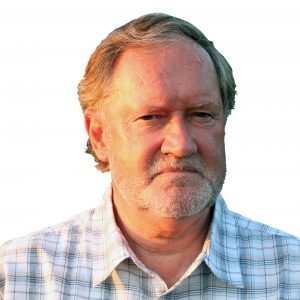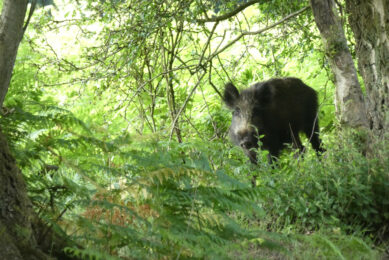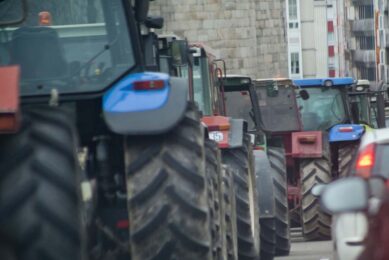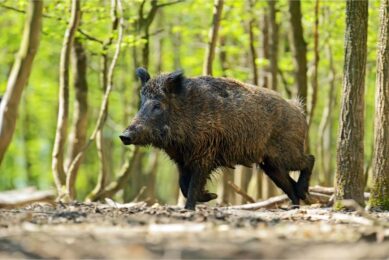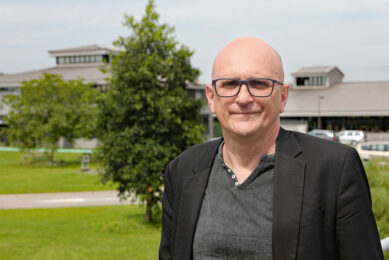Belgium: Strong decline pig farm numbers expected
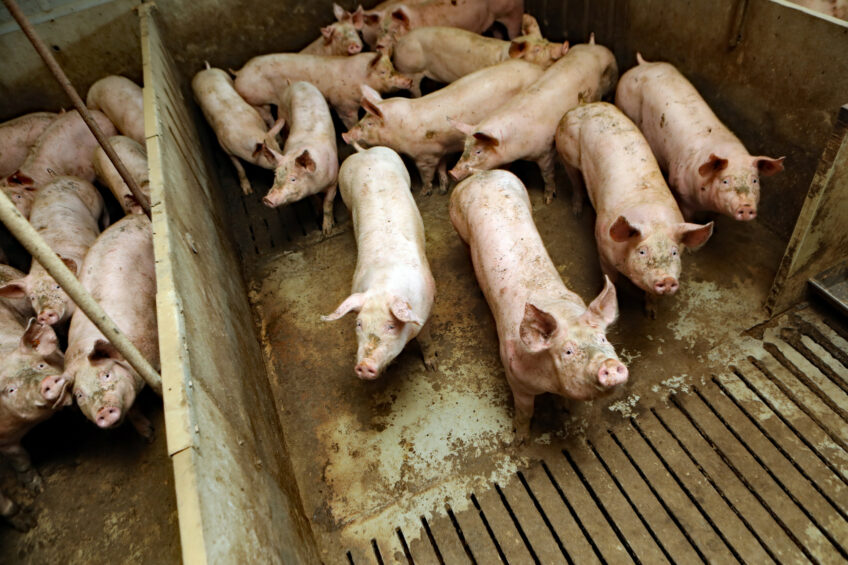
Over a third of all pig producers in Flanders, the northern part of Belgium, think they will not have pigs anymore by 2030. The number of pigs will decline as well, even though that may be less strongly because it’s mostly the smaller pig producers intending to discontinue.
As a result, 5 years from now Flanders is likely to have 16-23% fewer pigs than in 2024. The average future pig farm size is therefore likely to be quite a bit larger than these days, due to the continuing upscaling in the industry. That will be a continuation of an existing trend. In Belgium, the vast majority of pig production is concentrated in Flanders, which is the northern, Dutch-speaking half of the country. Wallonia, the southern, French-speaking part of the country, relatively few pigs are being held.
Survey to the future of livestock production
Those are the results of a survey by the Agency for Agriculture and Fisheries of the Flemish government. The predicted decrease of the number of pig farms is stronger than in other livestock sectors. Of the Flemish dairy producers, 20% think they will stop in the next 5 years; for beef producers that percentage is 25%.
The aim of the agency’s survey was to find out how a natural decline in the number of livestock farms could contribute to a lowering of the emissions of nitrogen and greenhouse gases, one of the main aims of the environment policy of this part of Belgium.
The decline in the number of pigs would indeed lead to 16-23% less methane compared to 2024, the agency says. For ammonia, the percentage is higher because most farmers planning to stop currently do not have ammonia-low pig houses. The agency emphasised, “These reductions are just the result of the decline of the number of livestock. Farmers can of course also try to lower the emissions per animal. Those reductions are not included in this survey.’’
Is there a successor for the pig farm?
Additional details in the report show that the decision to either stop or continue pig farming is strongly related to the presence of a successor on the farm. All producers without a successor intend to stop finishing pigs while all colleagues having a successor, mostly within the family, or for whom the situation is not clear yet, declared that they probably will continue to produce pigs.
In addition, 65% of the pig producers and 70% of sow farmers say they already take into account the strict nitrogen policy of the Flemish government when making decisions about their business. For dairy producers, that is only 44%.


